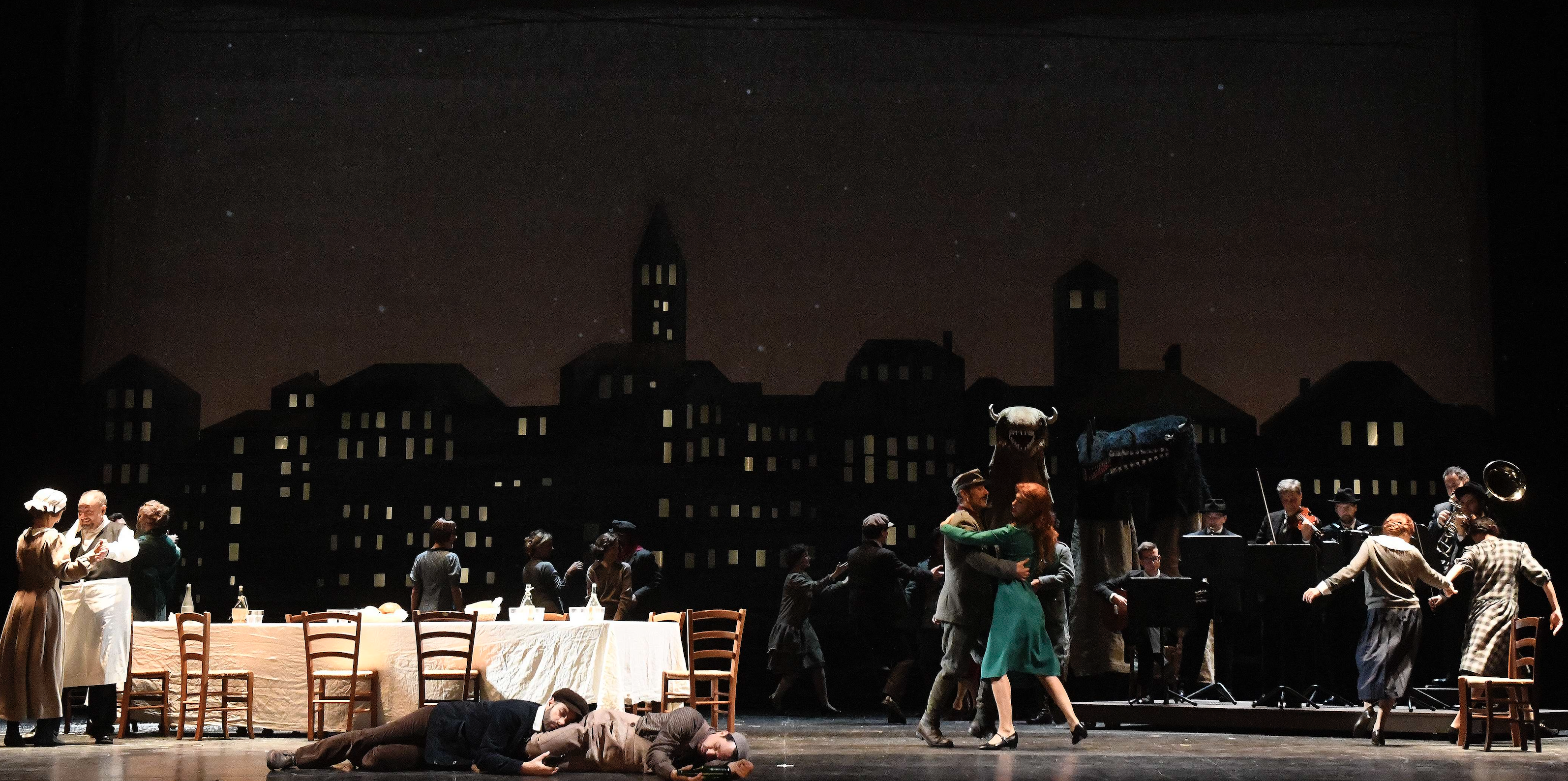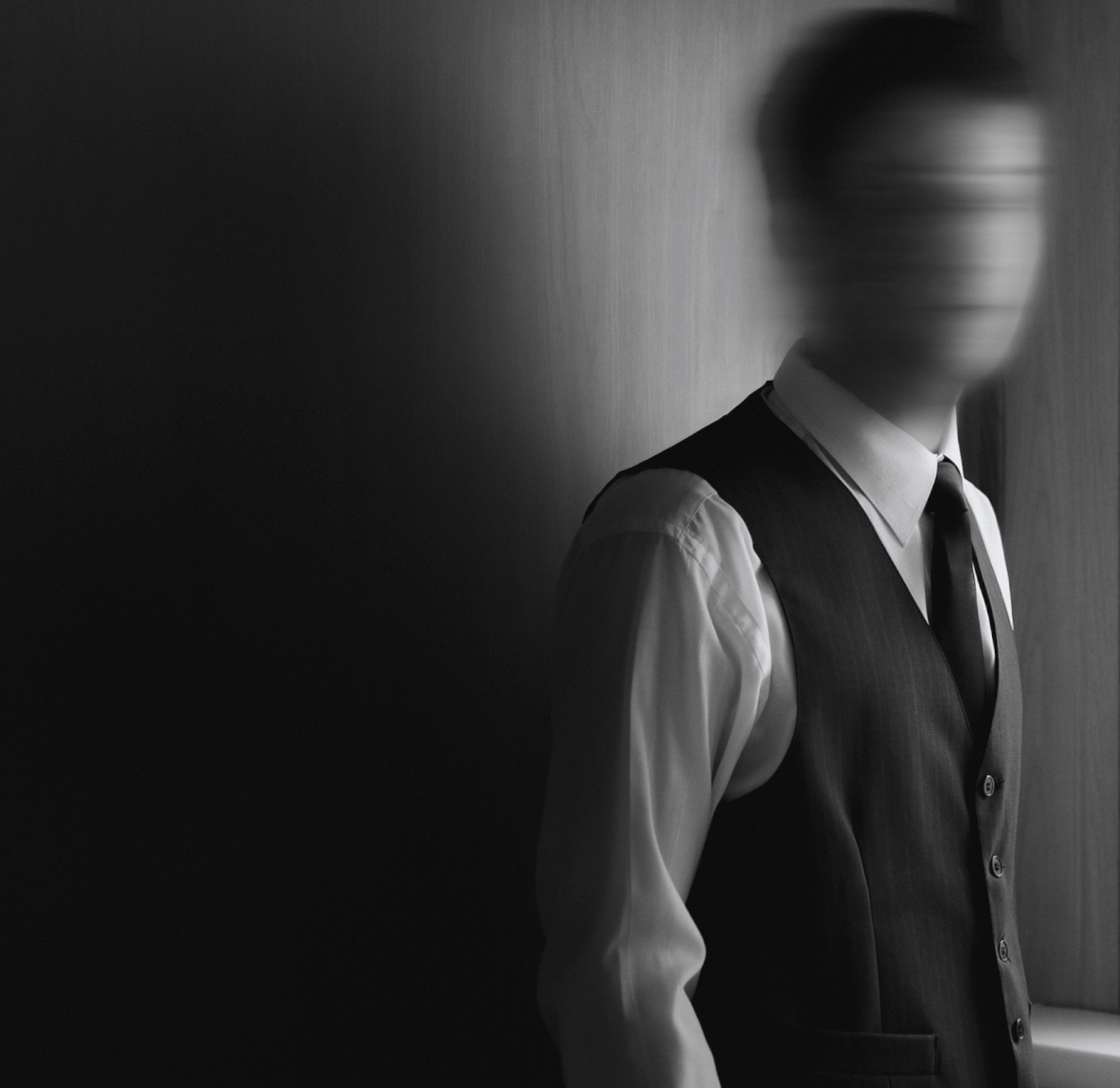

Due to a strike called by the trade unions, the performance of Alban Berg’s Wozzeck on Friday, October 17, will not take place. The other four performances remain confirmed: Sunday, October 19, at 3:30 p.m. (series B); Tuesday, October 21, at 7:00 p.m. (series D); Thursday, October 23 at 7:00 p.m. (series E); Sunday, October 26 at 3:30 p.m. (series C), which will be staged at the Teatro La Fenice as part of the 2024-2025 Opera and Ballet Season
+++ TICKET REFUND TERMS AND CONDITIONS
– Tickets purchased online: the refund will be automatic on the credit card used for the purchase, within 30 days. You will receive the communication by email.
– Tickets purchased at the box-office or by phone: you will receive a communication by email from Vela Spa Ticketing Service requiring the bank data for proceeding with the refund by bank transfer; the bank data should be sent no later than 30/10/2025
In his composition of Wozzeck Alban Berg, who also wrote the libretto, remained essential faithful to the unfinished fragments of Woyzeck by Georg Büchner, creating three acts, each divided into five scenes, and seeking perfect harmony between the dramaturgy and music. The composer exalts the Stimmungsgehalt (ambience), which runs through Büchner’s text, making the expressive potential, the visionary and hallucinatory force of the German playwright’s language erupt, where every word, every gesture has an explosive charge. And he does so through an expressionistic use of voices and instruments, focusing on a highly suggestive timbre and on a non-dogmatic recourse to atonality, so that some pages of the score still seem to lend themselves to a tonal interpretation, while others take the path of dissolution without return, taking Mahler’s lacerating legacy to the extreme. It was November 3, 1942, when Alban Berg’s Wozzeck premièred at the Teatro dell’Opera in Rome. In the middle of the war, with the risk of irritating the German allies, the first Italian performance of the opera took place (in the rhythmic version in Italian by Alberto Mantelli). It was a reckless undertaking, which saw the great Tullio Serafin on the podium and Tito Gobbi (Wozzeck) and Gabriella Gatti (Maria) in the two main roles. After so many decades, the pioneering experience of that time is returning to Teatro La Fenice.
CAST AND CREATIVES
Wozzeck Roberto de Candia
Marie Lidia Fridman
Tambourmajor Enea Scala
Andres Paolo Antognetti
Hauptmann Leonardo Cortellazzi
Doktor Omar Montanari
First apprentice Rocco Cavalluzzi
Second apprentice William Corrò
The fool Marcello Nardis
Margret Manuela Custer
white voice Mariens Knabe
La Fenice Fenice Orchestra & Choir
conductor Markus Stenz
chorus master Alfonso Caiani
Piccoli Cantori Veneziani
master of the Children’s ChoirDiana D’Alessio
direction Valentino Villa
sets Massimo Checchetto
costumes Elena Cicorella
light designer Pasquale Mari
choreographer Marco Angelilli
with Italian and English surtitles
La Fenice staging
The Opera lasts about 1 hour and 40 minutes without interval


